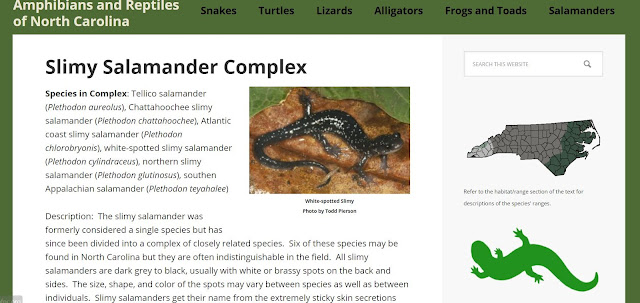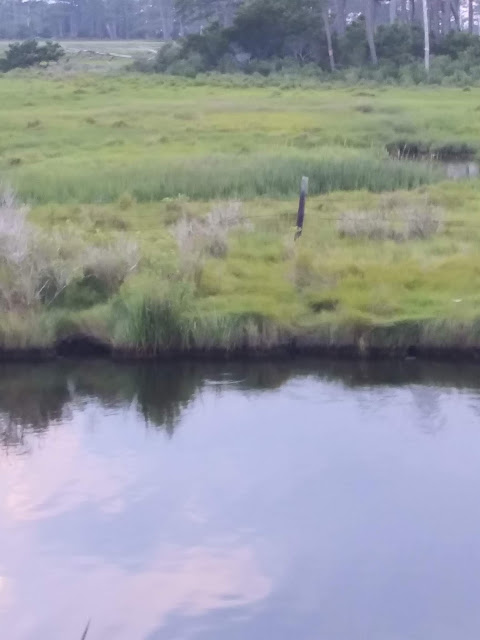The search for Star Fruit
My love of food has led me to look deeper at the issue of biodiversity not just in the food production system, but also in our ecosystem.
First of all, I love food, especially fruit. My dad was a Senior Chief in the U.S.Navy and would always bring back a taste of any new culture he experienced during his deployment. Shameless to say, I still appreciate and crave a taste of the exotic.
Recently, however, I have had an incredible craving for star fruit. It has been over 15 years since I had one. Three weeks ago I began the hunt for star fruit. I scoured Carroll County, Radford, Mt. Airy, Winston-Salem, Greensboro, and parts in-between. No one had star fruit. As a final attempt to attain that which I crave, I asked the manager of my local Food Lion if they could order some star fruit for the store. That was four days ago and I await a regional decision as to whether or not it can be ordered.
Why would a store who once was a frequent carrier of the fruit now never have it in their store? Demand. There is no demand for the fruit? What caused the demand for the fruit to dwindle? Perhaps it is because I grew up in the Southeast region of Virginia and now I reside in Southwest Virginia. There is such a small market for the exotic here. But, as I see a shift in demographics where more culturally diverse families are moving to rural areas, I wonder how much longer these markets will only provide select types of apples, oranges, peaches, grapes, and plums? I have found during my travels that a lack of diversity in grocery stores and restaurants mostly exist in impoverished and lower-middle-class areas.
Has the appreciation for diversity in economics and environmental organisms been ushered out by monocultural incentivization? Is monoculture crop farming going to propel us into destruction as ecosystems, adaptations, and evolution are challenged by the loss in diversity? What is the ecological impact of a loss in environmental biodiversity?
The following powerpoint helps communicate the factors that contribute to biodiversity and the results of degradation to ecological biodiversity.
The bottom line is this, we need ecological diversity to support life on earth. We need to value ethnic cultures as there is so much to learn that could unlock the secrets to healing illnesses that were believed to be incurable. The truth is, we kill ourselves without knowing when we allow our actions to destroy our environment and alter the very DNA of life on this planet. The answers to all our problems have already been given to us in the form of the biological complexity in organisms all around us. We just need to value it enough to stop perpetuating its extinction.


Comments
Post a Comment